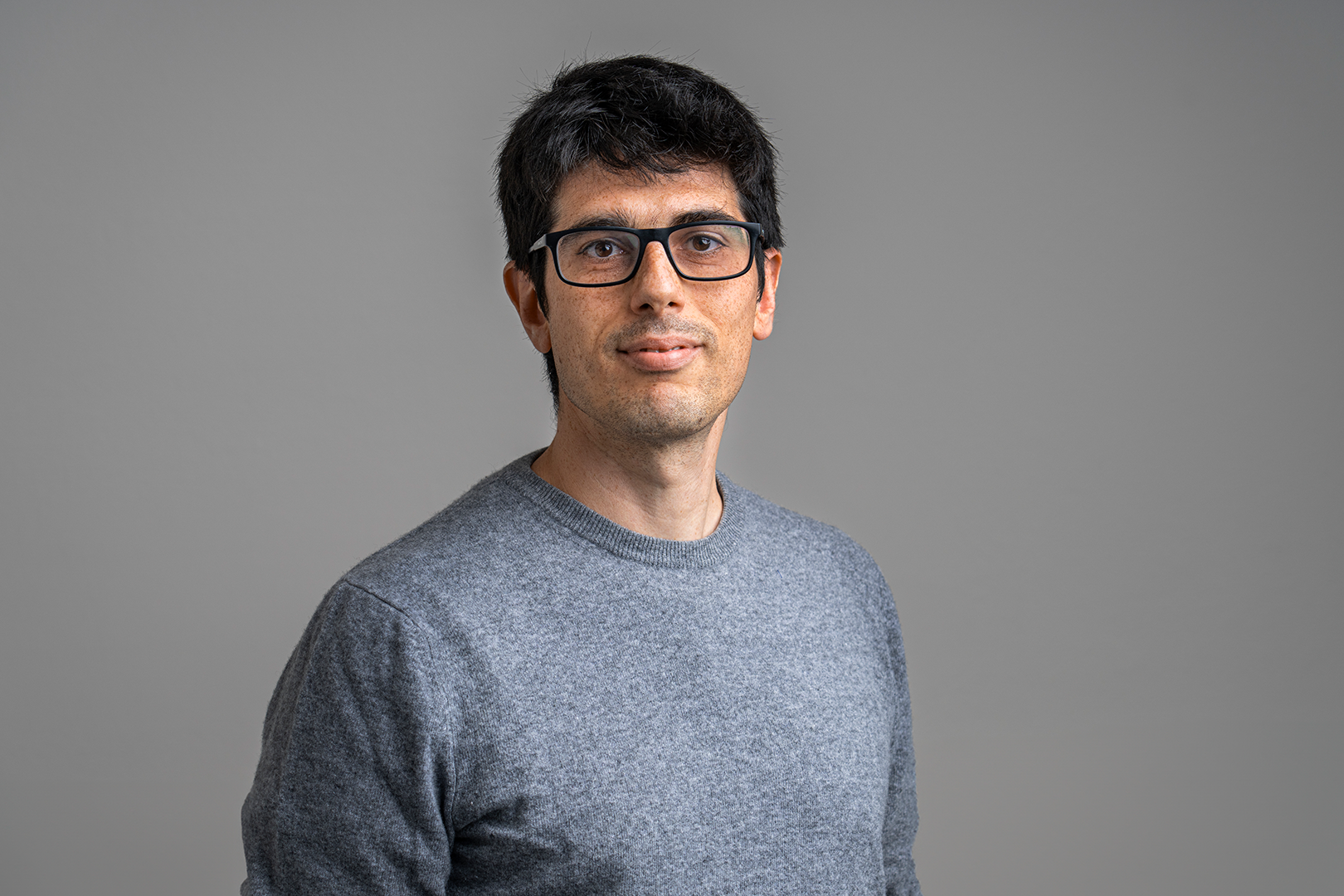Andreas Pavlogiannis
Research leader

Project title
UNORDER: Towards Reliable Weakly-Consistent Databases
What is your project about?
Databases form the backbone of the modern IT infrastructure, as most software nowadays is in a continuous interaction with a database on which it stores and retrieves data. As such, database faults have long-reaching effects that can disrupt multiple services and affect millions of users. The UNORDER project is about developing theoretical approaches and practical tools for rigorously testing and verifying that databases operate correctly, in order to minimize the chance of failure while they are being used.
How did you become interested in your particular field of research?
In general, the field of software verification is concerned with developing adequate theory and tools for analyzing software and verifying that it behaves as intended. The deep integration of software systems in our everyday lives makes verification an indispensable aspect of software development, and the issues it addresses are of immediate importance to society. At the same time, day-to-day research in this area is fun: there are multiple ways to approach the underlying challenges depending on one’s personal style of research, from highly theoretical to fully practical. My research group studies verification from an algorithmic lens by equipping modern algorithmic theory in order to study the limits of how efficiently various verification tasks can be performed.
What are the scientific challenges and perspectives in your project?
Delivering the goals of UNORDER requires foundational research on two fronts. First, we have to develop a rich modeling theory (aka semantics) of database behavior, within which we will be able to specify the different ways, that a database should be handling the data that is stored in it. Second, we have to develop an algorithmic theory, meaning scalable algorithms that can test whether a database indeed conforms to its intended, specified behavior. Moreover, these two theories will be implemented in software tools that can perform such testing tasks effectively in practice.
What is your estimate of the impact, which your project may have to society in the long term?
The main impact that this project aims to have is to deliver a more robust database infrastructure. As our society increases its reliance on digital services, the products of UNORDER will be useful in ensuring that these services are reliable, fast, and secure, and our data does not get corrupted or is suddenly lost. Fewer database faults will also likely reduce the cost of digital services, particularly the cost occurring from repairing faults when they occur.
Which impact do you expect the Sapere Aude programme will have on your career as a researcher?
The Sapere Aude program will help advance my career by allowing me to expand my research agenda to a new field, where I will face new challenges and contribute with my own solutions. Towards this task, I will use this grant to establish and lead a group of young talented researchers that enjoy tackling challenging research questions. The grant will also support my group in being part of a larger international network of researchers with similar expertise and interests, and strengthen Denmark’s position in the global research map.
Background and personal life
I grew up in Partas, a coastal city in southern Greece, where I also obtained my university degree. Then, I moved to the USA for my Master’s degree, and then back to Europe, in Austria, to conduct my PhD studies. After a short PostDoc in Switzerland, I joined the Department of Computer Science at Aarhus University.
View all research leaders here
Research institution
Aarhus University, Department of Computer Science
Research field
Programming Languages
City of your current residence
Højbjerg
